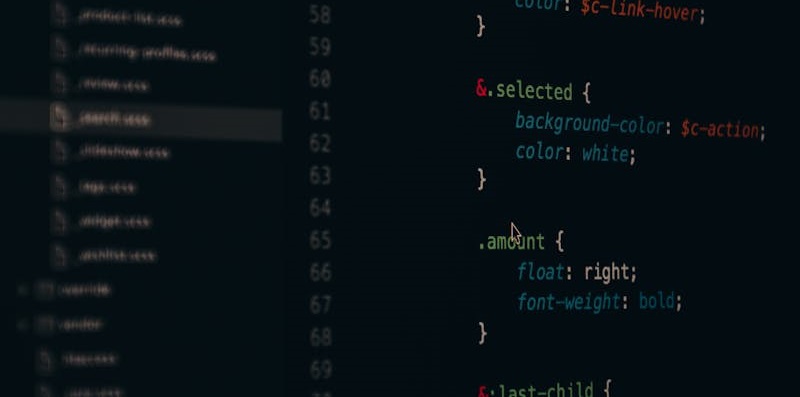Cisco has taken decisive action to strengthen the security of its Secure Client software by rolling out patches for a severe vulnerability, designated CVE-2024-20337. This flaw, with a worrying CVSS score of 8.2, indicates its high level of risk. The vulnerability exists due to insufficient input validation, allowing for CRLF injection attacks. Attackers can exploit this by deceiving a user into clicking a malicious link while a VPN session is being established, leading to arbitrary script execution in the user’s browser. This could expose sensitive information, such as SAML tokens, allowing attackers to hijack VPN sessions and impersonate users. Despite this risk, additional security measures like separate authentications for certain services can mitigate the threat to some extent. Cisco users are advised to update their software promptly to protect themselves from potential exploits of this vulnerability.
Mitigation and User Guidance
In response to CVE-2024-20337, remediation measures have been swiftly implemented by Cisco. They have issued updates for Secure Client across various operating systems, including Windows, Linux, and macOS. The updated versions, 4.10.08025 and 5.1.2.42 respectively, embody the security enhancements designed to counteract this vulnerability. Users currently running version 5.0 are strongly advised to migrate to the latest patched release. As cybersecurity threats continue to evolve and become more sophisticated, it is absolutely critical for users and administrators to stay on top of software updates. Applying these updates not only patches known vulnerabilities but also reinforces the security posture of the network against emergent and advanced threats. Cisco’s advisory, in conjunction with the fixes provided, demonstrates their commitment to safeguarding user security and reiterates the urgency with which these updates should be applied.
Additional Linux-Specific Flaw
Understanding CVE-2024-20338
Adjacent to the aforementioned vulnerability is another serious flaw affecting Cisco’s Secure Client for Linux, referenced as CVE-2024-20338. This issue presents a considerable threat with a CVSS score of 7.3 and is characterized by a privilege escalation vulnerability. For this flaw to be weaponized, an attacker needs to have local access and the ability to execute code with elevated, root-level privileges. Such an attack hinges on the attacker introducing a malicious file onto the system, followed by persuading an administrator to unwittingly restart a particular process. Although the exploitation of this vulnerability requires local access and a degree of social engineering, it represents a tangible risk that demands attention—especially in environments where multiple users have physical access to shared systems or in scenarios where sophisticated attackers might employ various means to breach physical security.
Resolution and Preventative Measures
Cisco has not overlooked the severity of CVE-2024-20338 and has accordingly dispensed a patch to alleviate this security weakness. Secure Client for Linux users can find solace in the updated version 5.1.2.42, which enforces the necessary protections to mitigate this vulnerability. The thorough approach Cisco has taken by addressing both CVE-2024-20337 and CVE-2024-20338 exemplifies their proactive stance in combating security breaches. Users must be diligent in applying these patches to ensure their systems are safeguarded against these identified risks. The release of these updates is a crucial reminder that security is an ongoing process requiring constant vigilance and immediate action when issues are discovered. The collaborative efforts of security researchers like Paulos Yibelo and Mesfin and responsible vendors like Cisco are the cornerstone of a strong and secure digital infrastructure.

